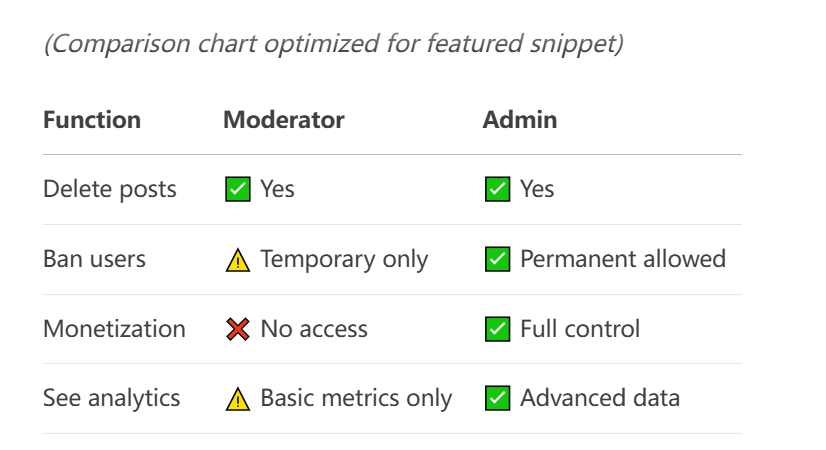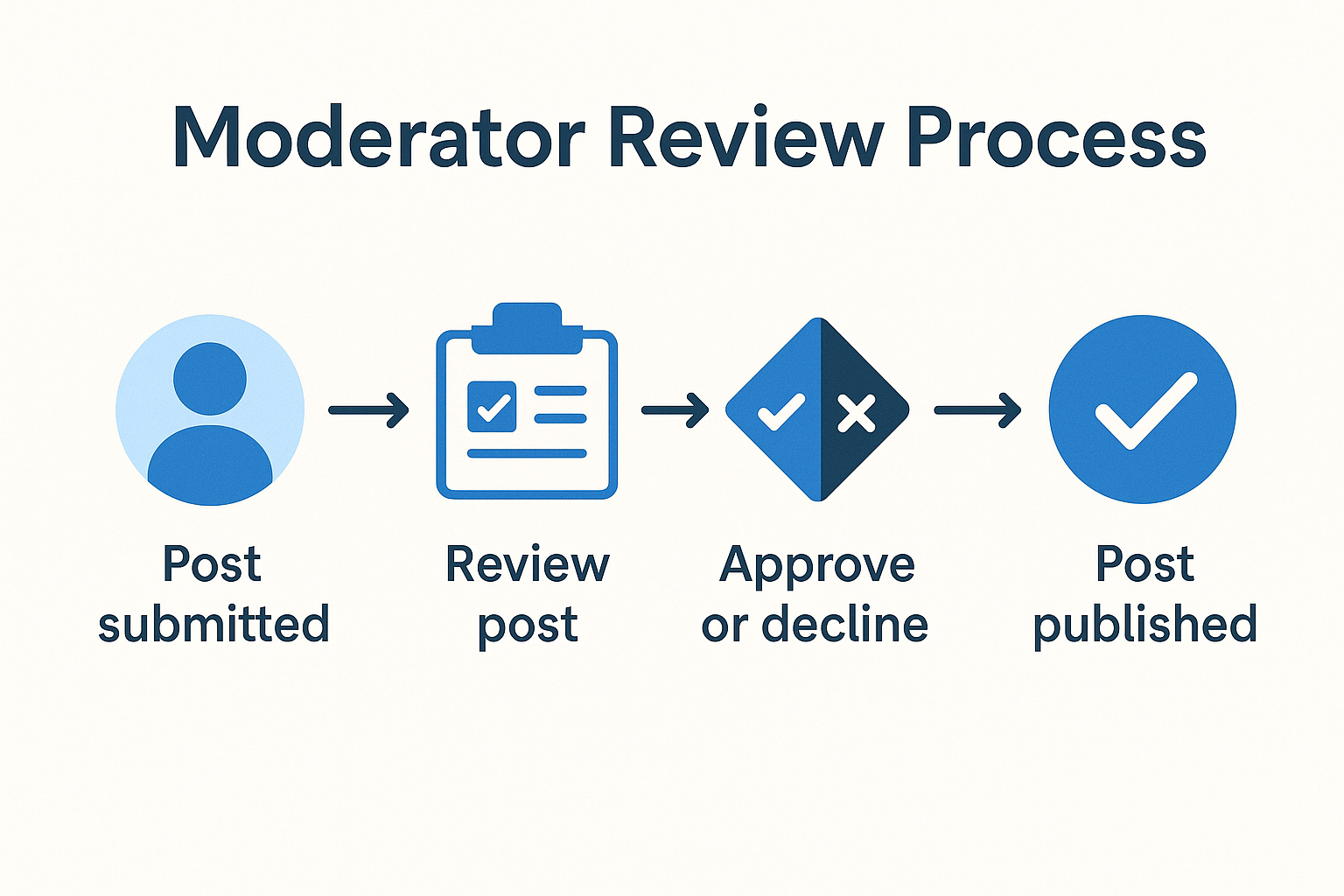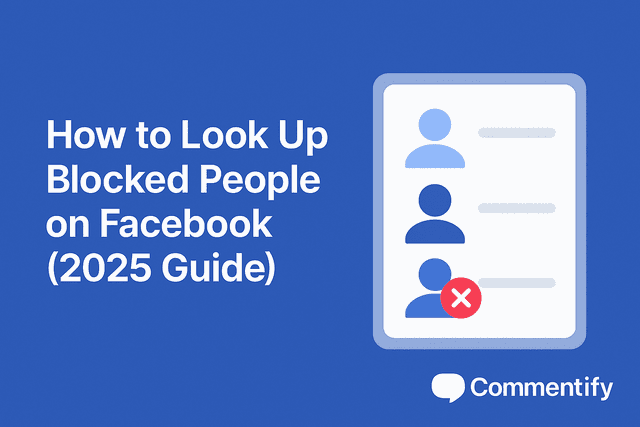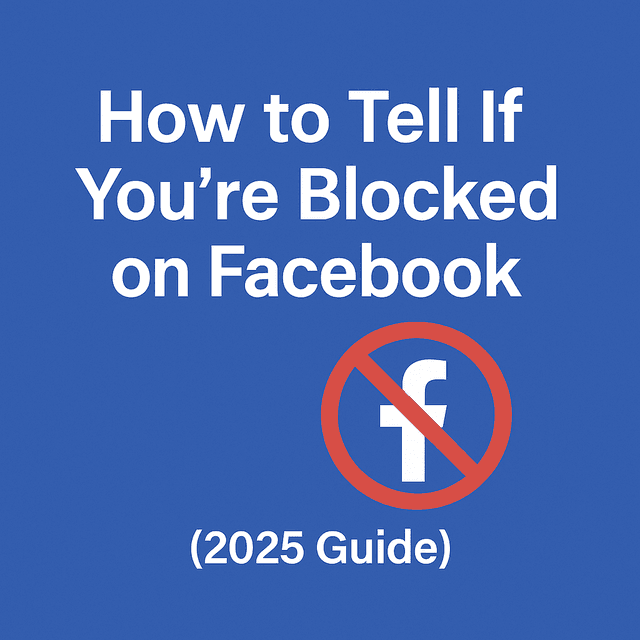What Does a Facebook Moderator Do?
TABLE OF CONTENT
What Does a Facebook Moderator Do?
It’s common to confuse Facebook moderators with admins, but these roles serve very different purposes. An Admin is the architect—they create the group, set the rules, and assign roles. A Moderator is the enforcer—keeping things in check and ensuring conversations stay civil, safe, and on-topic.
- Admins control settings, add/remove users, change group privacy, and assign roles.
- Moderators approve posts, manage comments, mute or remove members, and respond to reports.
Think of admins as the builders, and moderators as the house managers keeping everything functional and respectful.
Core Responsibilities of a Facebook Moderator
Moderators aren't just there to delete spam—they’re the custodians of tone, trust, and engagement. A skilled moderator handles:
- Post Approval: Deciding which member posts are valuable and rule-compliant.
- Comment Monitoring: Flagging and removing abusive, misleading, or disruptive remarks.
- Member Reporting: Reviewing flagged content and taking action fairly and fast.
- Enforcing Rules: Reminding users of guidelines and applying consistent standards.

Critical Difference:Admins handle strategic decisions(e.g. partnerships),whlie moderators focus on daily operations.
Tools Moderators Use — From Native Features to AI
Facebook offers built-in tools like:
- Moderation Alerts (triggered by keywords)
- Post approval toggles
- Muted member controls
But for large groups or brand pages, these tools don’t scale. That’s where Commentify comes in—equipped with emotion analysis, auto-hide rules, and a multi-account dashboard, it empowers teams to moderate faster and smarter.
Real Use Cases for Facebook Moderators
🌐 Large Community Oversight
In groups with 10K+ members, moderators ensure post quality and prevent content fatigue.
⚠️ Crisis Management
When a brand faces criticism, moderators can hide toxic comments and escalate serious issues using AI alerts.
📢 Campaign or Event Control
During contests or product launches, moderators filter spam entries and highlight constructive discussion.
💬 Emotional Safety Zones
In support groups, moderators act with empathy—removing triggering content and guiding tone.
Best Practices for Facebook Moderation
- Define Clear Rules: Pin a post and refer to it during interventions.
- Use Alerts & Filters: Stay ahead of issues by flagging terms early.
- Template Your Messages: Use polite, consistent language when removing content.
- Collaborate Transparently: Maintain a shared guide with your moderator team.
Remember, a great moderator doesn’t dominate the conversation—they shape the environment where great conversations happen.

Using Commentify.ai to Automate & Scale Moderation
Commentify.ai offers powerful AI tools for:
- Analyzing comment sentiment
- Auto-hiding rule-breaking content
- Tagging and assigning reviews
- Managing multiple pages from one dashboard
By combining automation and emotional intelligence, Commentify helps you moderate at scale—without losing the human touch.
✨ Want to moderate smarter, not harder?
FAQ
Q: What does a Facebook moderator do?
A: They review posts, manage comments, enforce rules, and protect community integrity.
Q: Can moderators remove posts?
A: Yes, they can delete comments, approve or reject posts, and mute or remove members.
Q: What’s the difference between admin and moderator?
A: Admins manage settings and structure; moderators manage user behavior and content.
Q: Can Facebook moderation be automated?
A: Yes—with tools like Commentify that combine AI and human judgment.
Final Thoughts
Facebook moderators are no longer just rule enforcers—they are trust builders, brand protectors, and culture architects. With scalable tools like Commentify, you can ensure your communities remain safe, civil, and thriving—no matter how large they grow.
Read More
People Also Enjoyed
How to Look Up Blocked People on Facebook (2025 Guide)
Learn how to find, manage, and unblock people on Facebook. See your blocked list easily and discover how Commentify helps you manage comments smarter.
2025-10-23
How to Tell If You’re Blocked on Facebook (2025 Guide)
Learn the real signs you’ve been blocked on Facebook, how to confirm it, why it happens, and what to do next — for both personal and business accounts.
2025-10-23
Stop Facebook Spam Tags: How to Remove & Prevent Them
Tired of spam accounts tagging you on Facebook? Learn how to remove unwanted tags, block fake accounts, and enable Tag Review to protect your profile from malicious tags.
2025-10-16
How to Stop Spam on Facebook Messenger (2025 Guide)
Learn how to block spam on Facebook Messenger, manage message requests, and protect your inbox using smart filters and AI tools like Commentify.
2025-10-15
How to Manage Facebook Comments Effectively
Step-by-step guide to handling Facebook comments. Learn manual methods, best practices, and how Commentify automates moderation and analytics.
2025-09-16Why Isn’t Facebook Refreshing? Fix It Fast
Wondering why your Facebook page won’t refresh? Learn quick fixes for computer, iOS, and Android to reload your feed and see the latest posts.
2025-09-11
Automated Facebook Marketing Made Simple: How to Use Ads & Tools to Grow in 2025
Learn how automated Facebook marketing works in 2025. Discover automated ads, top tools, and why solutions like Commentify are essential for growth.
2025-09-10
Why Is Facebook Censoring You? 2025 Guide to Keep Your Content Live (Plus Tools to Avoid Removals)
As of early 2025, Statista’s latest data shows a worrying trend: 43% of global Facebook users have experienced content removal or restriction, with searches for “complaints against Facebook censorship” jumping 32% year-over-year—up from 28% in 2024.
2025-09-03
How to Manage Comments on Facebook Ads (Complete 2025 Guide)
Facebook is one of the most powerful advertising platforms ever created. With billions of active users and highly targeted ad capabilities, it gives brands and creators an unmatched opportunity to reach potential customers. But with that reach comes a challenge: the comment section.
2025-08-27
Why can’t i see comments on facebook? Reasons, Fixes, and Smart Management
Facebook isn’t just a place to post photos or updates—it’s one of the world’s largest platforms for interaction. Every day, billions of comments are exchanged, shaping discussions, influencing buying decisions, and helping people feel connected.
2025-08-20
How to Turn Off Comments on Facebook – The Complete 2025 Guide
Facebook can be a great place for conversations—until it isn’t. One day you’re sharing photos or updates, and the next, you’re wading through spam, off-topic arguments, or comments that cross the line. Whether you’re protecting your personal peace, keeping a brand page professional, or managing an active Facebook group, there will be times you want to turn off comments on Facebook or at least control who can join the conversation. This in-depth guide covers every method—from desktop to mobile, pages to groups—and explores smarter alternatives to shutting comments down completely. You’ll also learn how to use tools like Commentify to manage comments across Facebook and Instagram more efficiently.
2025-08-15
How Do You Snooze Someone on Facebook? (Complete 2025 Guide)
Wondering how Facebook’s snooze works? Discover how to snooze or unsnooze friends, why it’s useful, and whether others can see it.
2025-08-13